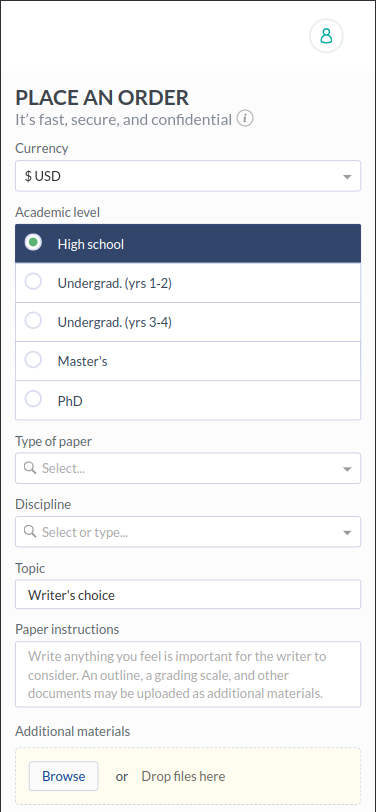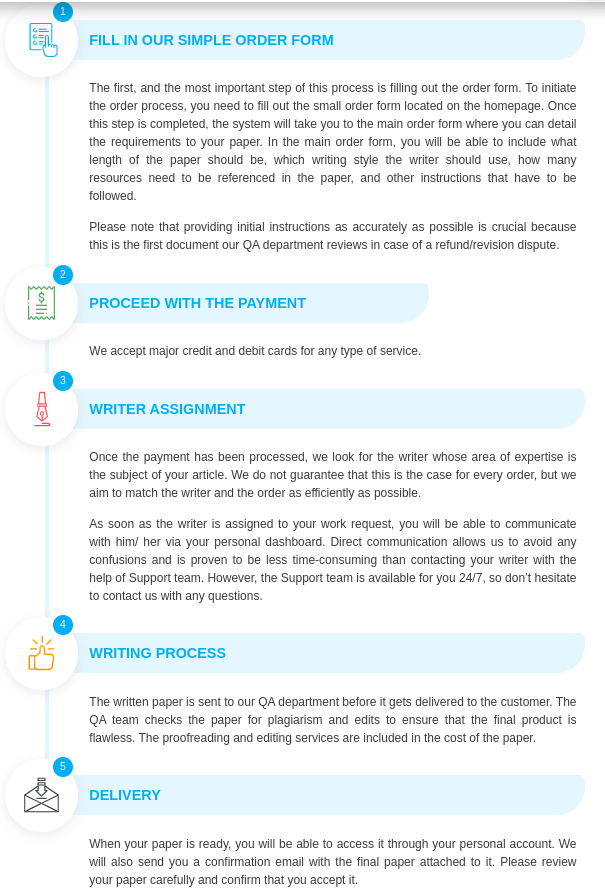NR 503 Week 2 Discussion
Epidemiological Methods
Purpose
This discussion board content is intended to facilitate learning for students through engaging dialogues as they achieve the desired learning outcomes/competencies associated with their course in a manner that empowers them to organize, integrate, apply and critically appraise their knowledge to their selected field of practice.
The use of discussions provides students with opportunities to contribute graduate level-appropriate knowledge and experience to the topic in a safe, caring, and fluid environment that models professional and social interaction. The ebb and flow of a discussion is based upon the composition of student and faculty interaction in the quest for relevant scholarship.
Participation in the discussion generates opportunities for students to actively engage in the written ideas of others by carefully reading, researching, reflecting, and responding to the contributions of their peers and course faculty. Discussions foster the development of members into a community of learners as they share ideas and inquiries, consider perspectives that may be different from their own, and integrate knowledge from other disciplines
Activity Learning Outcomes
Through this assignment, the student will demonstrate the ability to:
- Discriminate among various screening tools that may be used in the provision of care as an Advanced Practice Nurse (CO4)
Due Date:
- Initial prompt due by Wednesday, 11:59 PM MT of week 2
- One peer and one faculty or two peer posts due by Sunday 11:59 PM MT of week 2
A 10% late penalty will be imposed for initial discussions posted after the weekly deadline regardless of the number of days late. No postings will be accepted after 11:59pm MT on Sunday (i.e. student will receive an automatic 0). Week 8 discussion closes on Saturday at 11:59pm MT.
Points: 60 points
Assignment Requirements
-
Your course faculty will provide you with topics for the Week 2 Discussion Board. You will need to check the NR503 course Announcements for the topics for the Week 2 Discussion Board regarding screening. The week’s topics were choosen from the following website:
Agency for Healthcare Research and Quality (Links to an external site.)Links to an external site.
- Reply to the following prompt:
- Describe the diagnostic or screening tool selected, its purpose, and what age group it targets.
- Has it been specifically tested in this age group?
- Next, discuss the predictive ability of the test. For instance, how do you know the test is reliable and valid? What are the reliability and validity values? What are the predictive values? Is it sensitive to measure what it has been developed to measure, for instance, HIV, or depression in older adults, or Lyme disease? Would you integrate this tool into your advanced practice based on the information you have read about the test, why or why not?
- You should include a minimum of two (2) scholarly articles from the last five (5) years (3 is recommended).
- Respond to a minimum of two (2) individuals, peer and/or faculty, with a scholarly and reflective post of a minimum of two (2) paragraphs of 4-5 sentences. A minimum of one (1) scholarly article should be utilized to support the post in addition to your textbook.
- Your work should have in-text citations integrating at a minimum one scholarly article and the course textbook. APA format should be utilized to include a reference list. Correct grammar, spelling, and APA should be adhered to when writing, work should be scholarly without personalization or first – person use.
Need assistance? Click here for the Week 2 FAQ documentLinks to an external site. that discusses these terms.
Posting Directions
- Posts should be made on a minimum of 3 separate days/dates.
- All faculty replies to students must be responded to directly in the discussion board.
- Minimum posting is:
- Initial discussion board post to the weekly prompt, two peer posts (if there are no faculty postings), or one peer post and a faculty post.
**To see view the grading criteria/rubric, please click on the 3 dots in the box at the end of the solid gray bar above the discussion board title and then Show Rubric.
Sample Discussion Post
References
Benhalima, K., Van Crombrugge, P., Moyson, C., Verhaeghe, J., Vandeginste, S., Verlaenen, H., Vercammen, C., Maes, T., Dufraimont, E., De Block, C., Jacquemyn, Y., Mekahli, F., De Clippel, K., Van Den Bruel, A., Loccufier, A., Laenen, A., Minschart, C., Devlieger, R., & Mathieu, C. (2018). A modified two-step screening strategy for gestational diabetes mellitus based on the 2013 who criteria by combining the glucose challenge test and clinical risk factors. Journal of Clinical Medicine, 7(10), 351. https://doi.org/10.3390/jcm7100351
Fatima, A., Tanveer, Q., Naz, M., & Niaz, A. (2018). Accuracy of glucose challenge test in screening of gestational diabetes mellitus. JUMDC, 9(3), 31–35.
Lappharat, S., & Liabsuetrakul, T. (2020). Accuracy of screening tests for gestational diabetes mellitus in southeast asia. Medicine, 99(46), e23161.
https://doi.org/10.1097/md.0000000000023161
Our team of expert nursing writers at Nursing Assignment Service can help you with your NR 503 Week 2 Discussion, place your order here.




